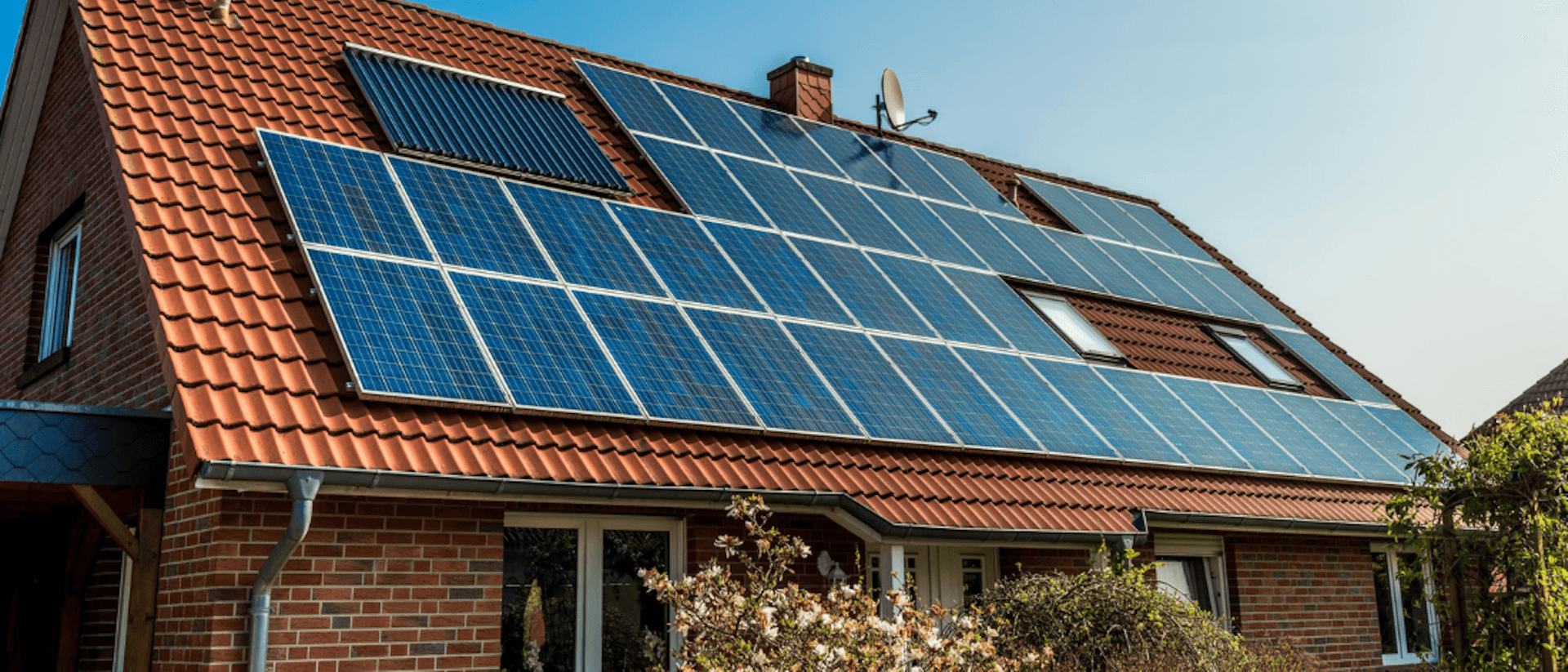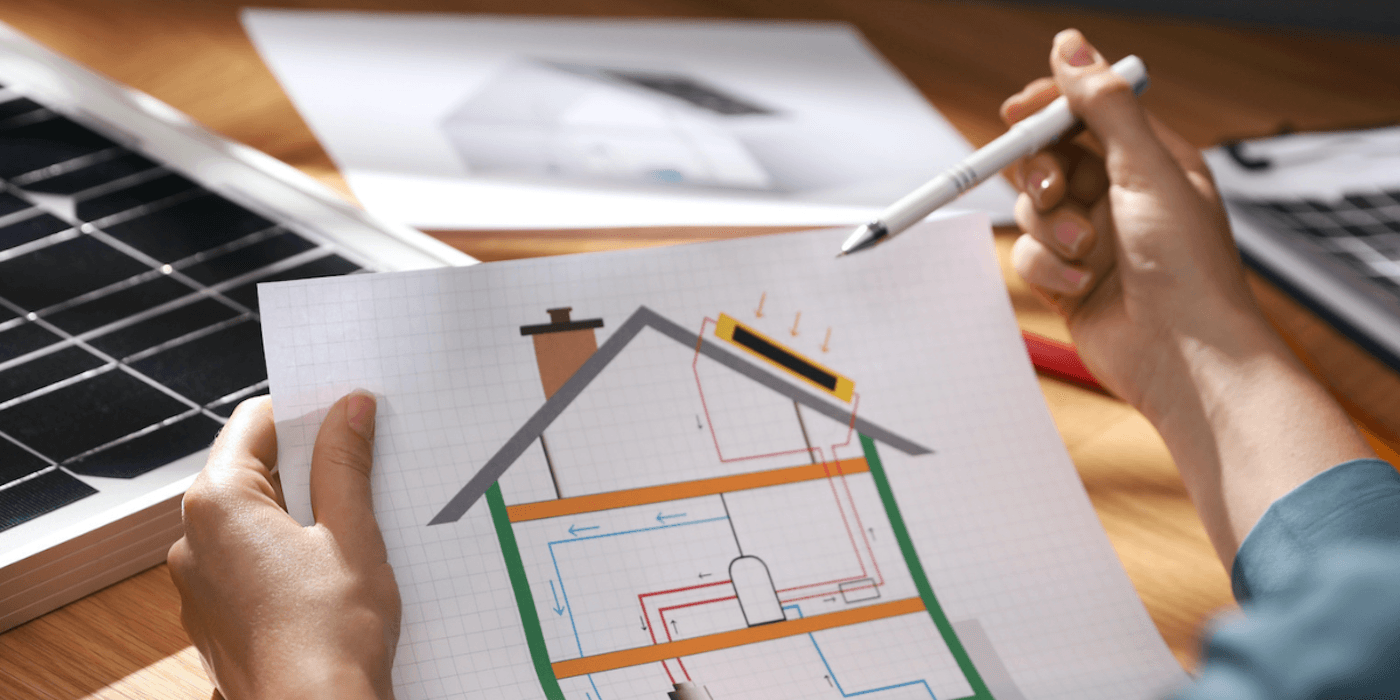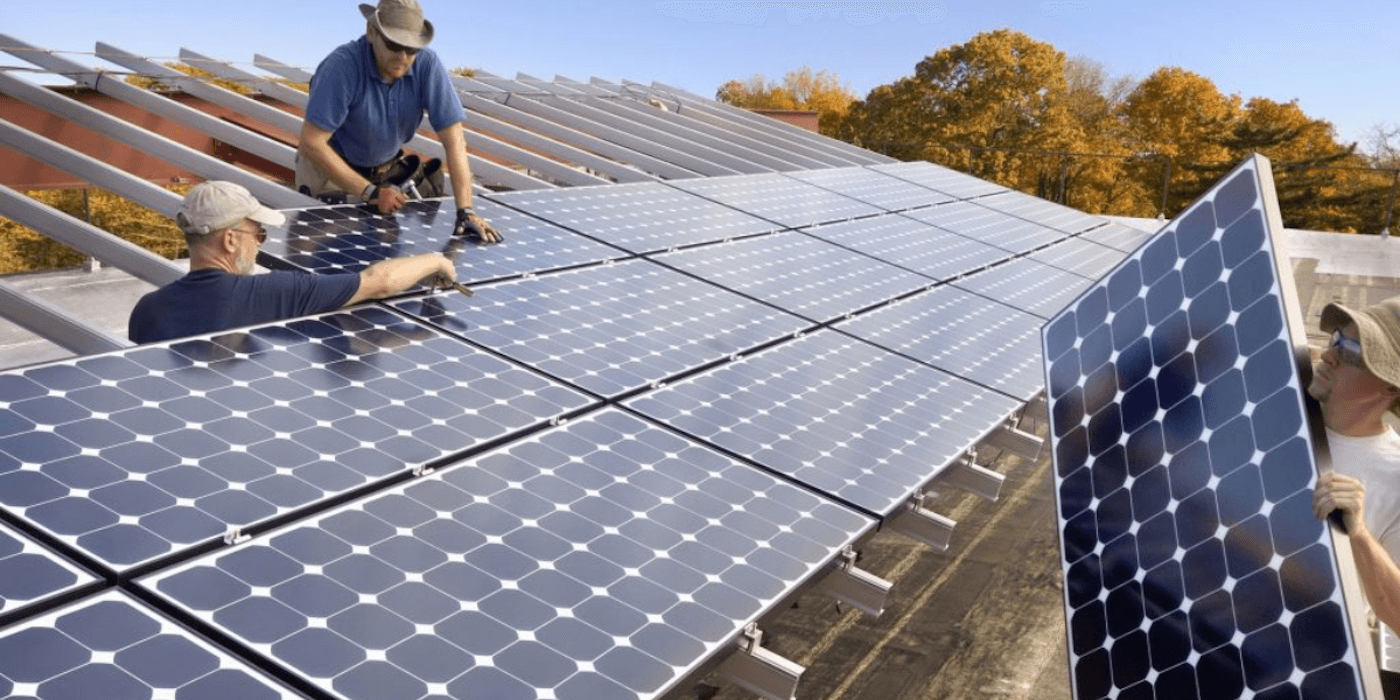Solar Lease vs. PPA: Choosing the Best Solar Solution

Introduction
Solar energy has gained significant popularity in recent years due to its environmental benefits and potential cost savings. When considering solar solutions for residential or commercial properties, two common options are solar leases and solar power purchase agreements (PPAs). As a credit finance professional, it is crucial to understand the pros and cons of each option to guide clients in making the best decision for their specific circumstances.
What is a Solar Lease?
A solar lease is an arrangement where a solar energy system is installed on a property, and the homeowner or business owner leases the system from a solar company. In this arrangement, the property owner benefits from the solar energy generated by the system, typically paying a fixed monthly lease payment over a specified term.
Solar leases allows homeowners or businesses to access the benefits of solar energy without the upfront costs of purchasing and installing the system. The solar company remains responsible for the system's maintenance and repairs during the lease term, alleviating the property owner from those obligations.
Pros and Cons of a Solar Lease

This will delve into the pros and cons of a solar lease. Explore the advantages of reduced upfront costs, access to affordable solar energy, and the convenience of maintenance and repair responsibilities handled by the solar company. However, we will also discuss the limitations, such as limited ownership and control, long-term financial commitments, and potential impacts on property value. By understanding these pros and cons, you can decide whether a solar lease is the right solution for your energy needs.
Pros:
- Reduced upfront costs and access to affordable solar energy: One of the primary benefits of a solar lease is the ability to access solar energy without the need for a large upfront investment. This makes solar energy more affordable and accessible to a wider range of homeowners and businesses.
- Maintenance and repair responsibilities: With a solar lease, the solar company typically takes on the responsibility of maintaining and repairing the solar system. This can save the property owner both time and money, as they are not required to handle these tasks themselves.
- Flexibility and scalability: Solar leases offer flexibility and scalability options. If the property owner's energy needs change over time, they may be able to upgrade or expand the system. Additionally, if the property owner decides to sell the property, the lease can often be transferred to the new owner.

Cons:
- Limited ownership and control: With a solar lease, the property owner does not own the solar system. This means they have limited control over system-related decisions and may not be able to take advantage of potential tax benefits or incentives associated with solar ownership.
- Long-term financial commitment: Solar leases often come with long-term contracts, typically ranging from 10 to 20 years. While this provides stability in terms of monthly lease payments, it also means the property owner is committed to the lease for a significant period. Exiting the lease prematurely can result in termination fees.
- Potential impacts on property value and resale: Some property buyers may be hesitant to purchase a property with an existing solar lease. The transferability of the lease to the new owner can influence the property's marketability and potential resale value.
What is a Solar PPA?
A solar power purchase agreement (PPA) is another option for accessing solar energy without the need for upfront investment. In a solar PPA, a solar company installs and operates the solar energy system on a property, and the property owner agrees to purchase the solar electricity generated by the system at a predetermined rate.
Under a solar PPA, the property owner benefits from the solar energy produced by the system without the responsibility of system ownership and maintenance. The solar company retains ownership of the system and assumes the costs and risks associated with its operation and maintenance.
Pros and Cons of a Solar PPA

In this section, we will explore the pros and cons of a solar power purchase agreement (PPA). Discover the benefits of no upfront costs, predictable energy pricing, and expert maintenance services that come with a solar PPA. Additionally, we will discuss the limitations, such as limited financial benefits, lack of ownership, and potential complexities in the contractual terms. By understanding these pros and cons, you can make an informed decision on whether a solar PPA is the right choice for your energy needs.
Pros:
- No upfront costs and predictable energy pricing: Similar to a solar lease, a solar PPA allows property owners to access solar energy without the need for upfront capital. The property owner purchases the solar electricity generated by the system at a predetermined rate, which provides predictability in energy costs and potential savings compared to traditional utility rates.
- Expert maintenance and monitoring services: With a solar PPA, the solar company is responsible for the system's maintenance and repairs, ensuring optimal performance and reliability. This alleviates the property owner from the burden of managing and maintaining the system.
- Potential for immediate savings on electricity bills: Depending on the terms of the solar PPA, property owners may experience immediate savings on their electricity bills. As solar electricity replaces a portion of the electricity supplied by the utility, the property owner can reduce their reliance on grid electricity and potentially lower their monthly energy expenses.

Cons:
- Limited financial benefits and potential escalator clauses: While a solar PPA provides access to solar energy, the property owner does not benefit from potential tax incentives or rebates associated with solar system ownership. Additionally, some solar PPA contracts may include escalator clauses, which gradually increase the price per kilowatt-hour over time, potentially diminishing long-term savings.
- Lack of ownership and control over the solar system: As the solar company retains ownership of the system in a PPA arrangement, the property owner has limited control over the system and its components. This means they cannot make decisions regarding system upgrades, replacements, or modifications.
- Complex contractual terms and potential termination fees: Solar PPA contracts can be complex, and property owners should carefully review the terms and conditions. It is important to understand the length of the agreement, termination clauses, and potential penalties for early termination.
Can I Use Solar Incentives for a Solar Lease?
Solar incentives, such as government rebates, tax credits, and feed-in tariffs, can significantly reduce the cost of installing a solar energy system. However, the eligibility of solar leases for these incentives can vary based on local regulations and program requirements.
In Australia, for example, solar leases may not qualify for certain government rebates or feed-in tariffs due to the ownership structure. It is essential to consult with local solar experts and finance professionals to determine the specific eligibility criteria for solar incentives when considering a solar lease.

Utilising solar incentives for a solar lease can provide additional financial benefits, making the lease even more attractive. Property owners should explore whether they can access any available incentives and factor them into their decision-making process.
Conclusion
Choosing between a solar lease and a solar PPA requires careful consideration of individual circumstances and priorities. As a credit finance professional, it is crucial to guide clients through the decision-making process by providing a comprehensive understanding of the pros and cons of each option.
Solar leases offer reduced upfront costs, maintenance benefits, and flexibility, while solar PPAs provide predictable energy pricing, expert maintenance services, and potential immediate savings. However, both options have their drawbacks, such as limited ownership and control, long-term commitments, and potential impacts on property value.
Considering the eligibility of solar incentives for a solar lease is also important, as it can enhance the financial benefits associated with the arrangement.
Ultimately, it is advised that property owners consult with solar experts and finance professionals to evaluate their specific circumstances and make an informed decision that aligns with their financial goals and sustainability objectives.
If you're considering financing your solar panel installation, solar loans can be a valuable solution. At Driva, we understand that each individual's financial situation is unique, which is why we offer a variety of lenders to choose from. With our user-friendly online application process, securing a solar loan is hassle-free. Plus, we prioritise transparency, providing you with clear information about rates and fees, so you can make informed decisions with peace of mind. Trust Driva to help you find the right solar loan that fits your needs.


.png)







